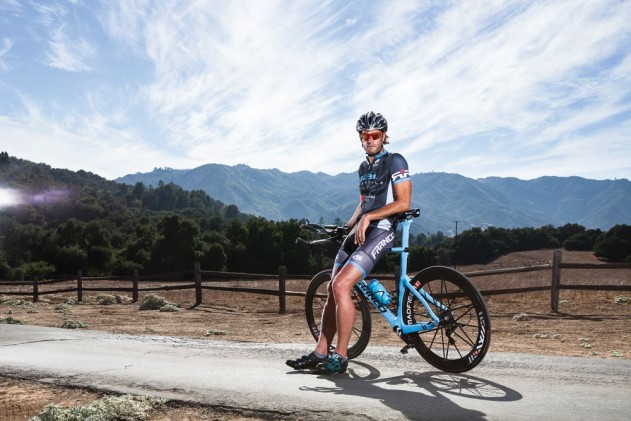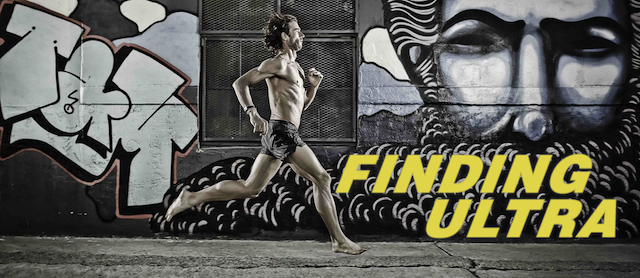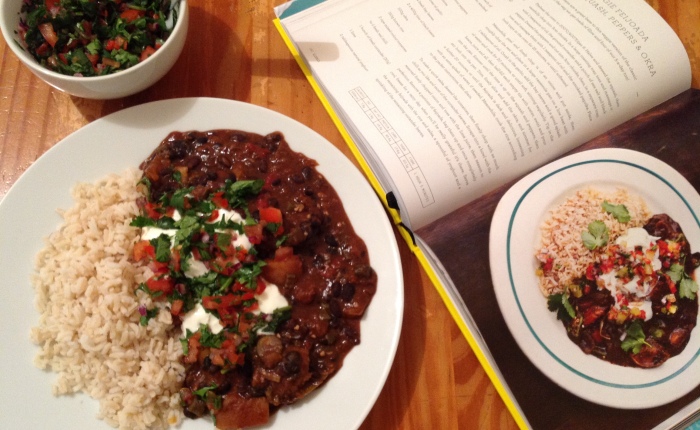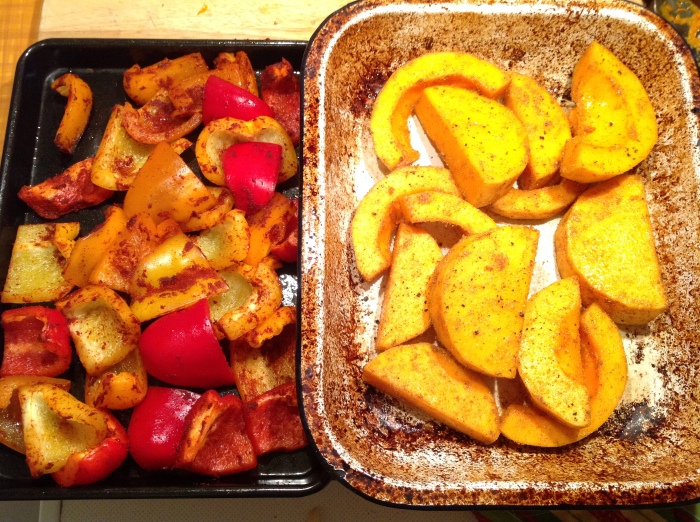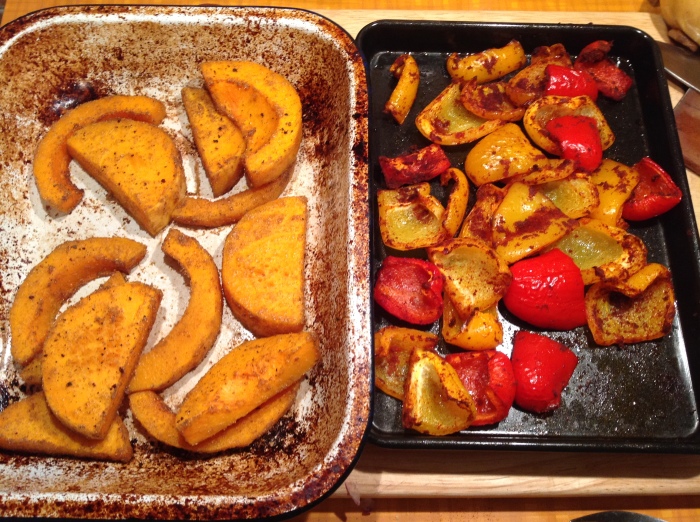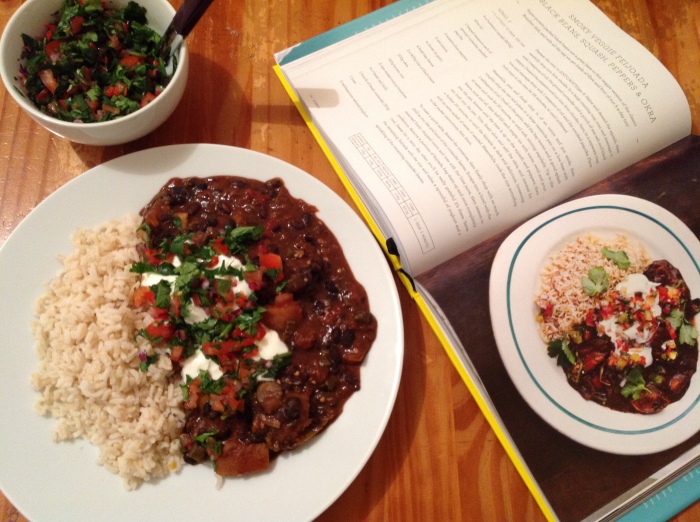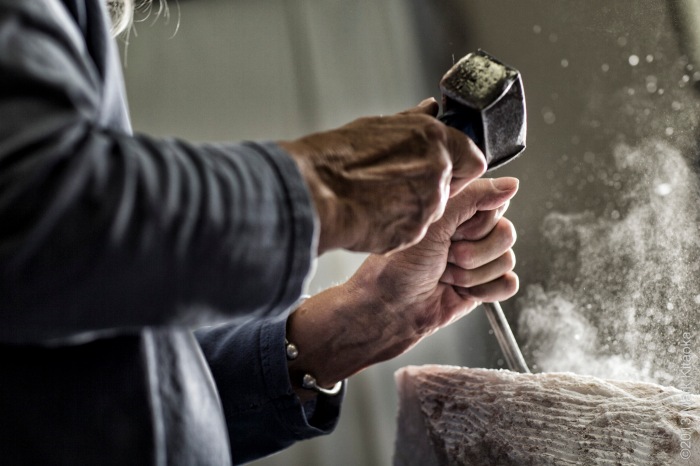In his incredibly useful book ‘How to win at college‘, Cal Newport gives the aspiring university standout valuable nuggets of advice on how to maximise your potential as a student and make the most of your university experience.
In making this collection of advice, he interviewed top students from various universities across the U.S who were not only academically successful, but also “embodied a unique brand of multi-faceted success.”
That is, students who also took part in exciting projects, built strong friendships, were incredibly active in student societies, and in general achieved in all aspects of the university experience.
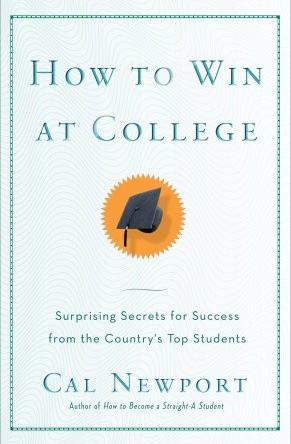
Going in to my third year it dawned on me that I don’t have much time left. My university experience was coming to a close and so far it had been full of ups and downs, peaks and troughs.
With only one year left, how do I make the most of it?
My sister had read Cal’s other book How to Become a Straight-A Student and says that the strategies in that book defined her last year in high school.
So I set out to read How to Win at College to get my third year off to a flying start and read it in the first week of my third year.
What How To Win At College did for me
“You can step forward into growth or step backwards into safety.”
– Abraham Maslow
Reading this book allowed me to step forward into growth, one nugget of advice at a time. Each chapter gave me actionable advice that would streamline and enhance my university experience.
By reading this advice, I tapped into the collective minds of highly ambitious and successful college students that had most (if not all) of the areas of life handled and under control.
They had their grades sorted. They had their structure and routine down pat. They participated in stimulating extracurricular activities.
Just by reading this book, I tapped into that higher-frequency thinking, in a sense brainwashing myself to think and emulate the thought processes and desire to action of a successful student.
As if by osmosis, I felt I was picking up traits and elements of a successful person’s mindset.
In that sense, How To Win At College has similarities with most autobiographies. When you read an autobiography, you read inspiration.
You prime yourself for self-reflection. You examine your attitudes and strategies, and think about your goals. You appropriate the mindset of a successful person and learn of the processes and rituals that define that person’s success.
But it also resembles a ‘how to’ guide, as the title suggests. It offers actionable advice on how to behave and act like a successful college student.
After all, activity follows identity – to become a successful student, you have to start acting like one.
Just by taking one piece of advice from the book and acting on it, it started a domino effect for me. I started implementing the nuggets of wisdom. It started a momentous chain of little successes that I continue to enjoy and cannot stop.
For instance, I immediately got more involved with my department. I made it a thing to put myself in situations where I could get to know my professors and build strong relationships with them.
I attended guest lectures where I would meet both new and familiar faces. I met often with my personal tutor.
I created a society and became the club president, enjoying all the awesome experiences that followed from assuming such a role.
Why ‘How To Win At College’ works and what it can do for you
“If you want to be young and wise, you have to learn from the experience of others.”
Cal interviewed dozens and dozens of high achievers on the key to their success.
From all this qualitative data, he condensed it into 75 chapters. Each chapter contains a little nugget of hard-earned wisdom supported by anecdotal evidence and comments from the students.
Each chapter gives you immediate actionable advice so that you can start enhancing your university experience the moment you put the book down.
To know that it was backed up by college students from across all the top universities in the USA was encouraging. They lived it. That’s why they have all the secrets.
Think of it this way. They’ve finished the ‘university/college’ game you are currently playing. They’ve completed 100% of it, whereas you might have just started it, you’re halfway through, or nearly finished.
To get 100% in the game, you need to find out where all the hidden packages are and where to look for the secret side missions that you need to complete.
If only you knew where to look – it would save so much time and effort!
You can talk to a friend that’s also playing, but you might find that he’s struggling and can’t even get through the main storyline missions.
Or you can look elsewhere for the shortcuts.
This is the book that’s full of them.
Treat this as a checklist of things that you need to follow to maximise what your university experience has to offer. Only through doing and acting on advice can you ever start to see results.
How to Win at College will give you the tools to optimise and enhance your university experience.
The advice in this book was followed by straight-A students that lived through university and made the absolute most of it. They gained this hard-earned advice through trial and error.
After all – how else would you get such time-tested advice?
I’d give this book to anyone I cared enough about that I knew was starting or was already at university.
Closing thoughts
I haven’t lived through my entire university experience yet so naturally I don’t have the perspective that people who have gone through their collegiate career have.
But by being cognisant of the fact that they’ve optimised their experience by following the advice in this book, it has compelled me to follow it and ‘write’ my university experience in a way that I will look back fondly on it.
This book has given me tremendous value.
I think you have to be in a unique position to fully appreciate the wisdom in this book.
Maybe you have to be in a position of desperation to reach for it.
Maybe you finally notice that an interesting phase in your life is coming to a close and you just want to make sure you’ve enjoyed it fully. And made the most of it.
How do you make sure you squeeze the most out of your university experience?
This question is especially key since tuition fees are so astronomical.
I wasn’t given an instruction manual on how to be a great student and neither were you.
But How To Win At College is a testament to the success of all the straight-A students that gave their two-pence’s worth in creating this book.
You can make it a testament to your success as well.
